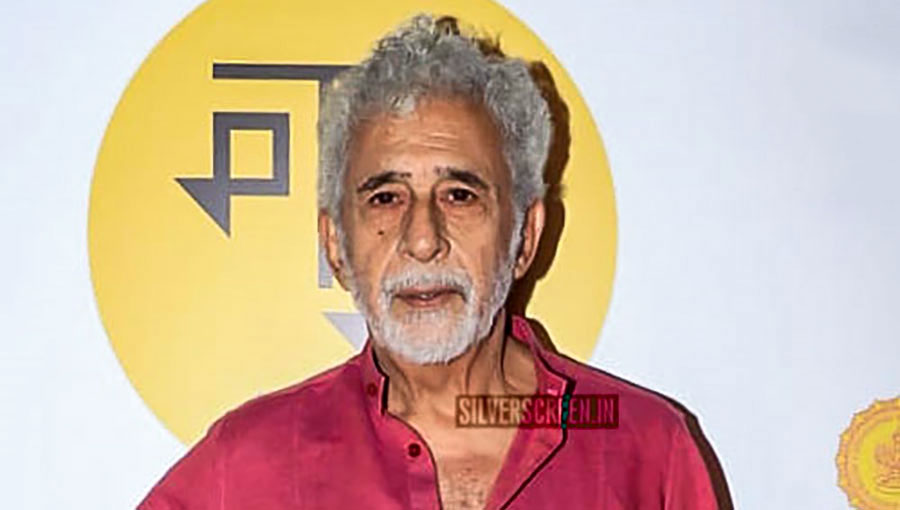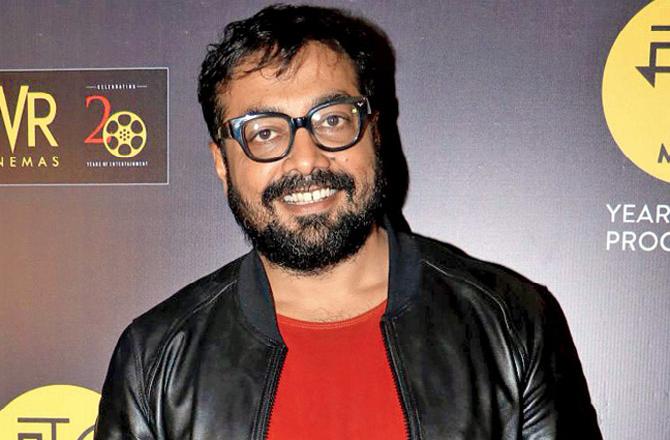The Information & Broadcast Ministry (MIB) has sought public comments on draft Cinematograph (Amendment) Bill 2021.
The proposed bill aims to introduce age-based certification, stricter curbs for piracy, and allow the Centre to direct the Central Board of Film Certification (CBFC) to re-examine the certification of a film.
The Ministry has set July 2 as the deadline for receiving comments from the public.
According to the official notification by the Ministry, the bill “will make the process of sanctioning of films for exhibition more effective, in tune with the changed times and curb the menace of piracy.”
Under the new bill, it proposes to amend the certification of films under the “unrestricted public exhibition” category. This has been done in order to further sub-divide the U/A category into U/A 7+, U/A 13+, and U/A16+.
According to the Hindu Businessline, the new IT Rules for OTT content have also denoted similar age-based classifications.
The draft also grants revisionary powers to the Central government if there is a violation of Section 5B (1) [Principles for guidance in certifying films] of the Cinematograph Act, 1952.
“Since the provisions of Section 5B(1) are derived from Article 19(2) of the Constitution and are non-negotiable, it is also proposed in the Draft Bill to add a provision to sub-section (1) of section 6 to the effect that on receipt of any references by the Central Government in respect of a film certified for public exhibition, on account of violation of Section 5B(1) of the Act, the Central Government may, if it considers it necessary so to do, direct the Chairman of the Board to re-examine the film,” it says.
Noting that the release of pirated versions of films causes huge losses to the film industry and government exchequer, the MIB also seeks to insert a new Section 6AA which prohibits unauthorised recording.
Recommended
The notification states, “Notwithstanding any law for the time being in force, no person shall, without the written authorization of the author, be permitted to use any audiovisual recording device in a place to knowingly make or transmit or attempt to make or transmit or abet the making or transmission of a copy of a film or a part thereof.”
The revised penalties include imprisonment upto three years and a fine of no less than three lakhs.
Recently, the Central Government amended the Cable Television Network Rules, 1994 to provide a grievance redressal mechanism for citizens.


